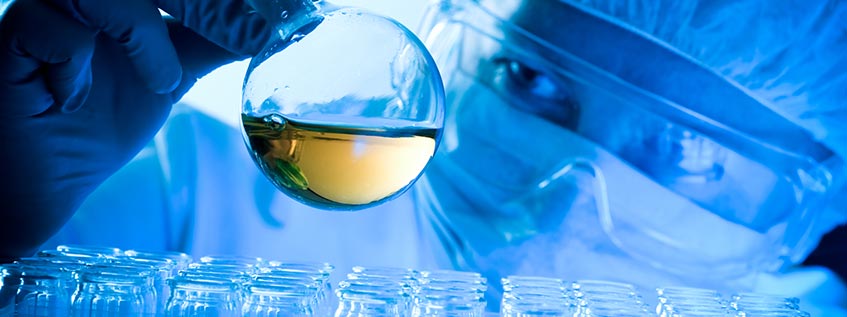Detoxification through the Intestinal Tract
The intestinal tract transforms food for absorption and eliminates toxins from the body.

The Intestinal Tract and Detoxification
The intestinal tract, from the mouth to the colon, does not only have the task of digestion, but also of the elimination of toxins. When we are ill, our tongue becomes coated showing that we eliminate toxins also through our mucous membranes.
 The digestion of our food begins in the mouth and continues in the stomach, and in the intestines. The complex molecules of our food are transformed into simple molecules that our cells can absorb. As soon as the different phases of digestion are completed, the nutrients, such as the amino acids, sugars, fats, minerals, vitamins, etc., penetrate through the intestinal mucous membranes into the venous capillaries that transport them to the liver. After detoxification, the liver redistributes the nutrients into the blood stream. The various chemicals, toxins, drugs, heavy metals and excess sex hormones that were extracted, are dumped by the liver into the bile.
The digestion of our food begins in the mouth and continues in the stomach, and in the intestines. The complex molecules of our food are transformed into simple molecules that our cells can absorb. As soon as the different phases of digestion are completed, the nutrients, such as the amino acids, sugars, fats, minerals, vitamins, etc., penetrate through the intestinal mucous membranes into the venous capillaries that transport them to the liver. After detoxification, the liver redistributes the nutrients into the blood stream. The various chemicals, toxins, drugs, heavy metals and excess sex hormones that were extracted, are dumped by the liver into the bile.
With the bile these substances are transported into the small intestine and continue through the intestinal tract to exit the body in the stool. The bile, which is produced in the liver, plays an important role in the evacuation of toxins from the liver, in the digestion of fat, and in our overall health. Therefore, it is crucial to pay attention to proper bile production, secretion, and supplementation.
The final phase of the transformation of the alimentation and elimination of toxins through the intestinal tract takes place in the colon. Whatever can still be utilized from the alimentation, such as fiber, is broken down with the help of the intestinal micro flora, and is transported to the liver for detoxification.
The mucous membranes of the intestines are able to absorb nutrients and also toxins. As long as they are healthy, they act as “intelligent” filters, which means that they absorb from the blood stream toxins to be excreted, such as heavy metals, and they let only well digested, well prepared nutrients penetrate into the blood stream.
The insufficiently digested, large alimentary molecules and toxic residues remain in the intestines to be excreted with the fecal matter. If the intestinal passage becomes delayed, the food that cannot be eliminated, ferments and putrefies. The healthy beneficial microorganisms of the intestinal micro flora may mutate into aggressive microbes which excrete toxins on their own.
Constant irritation of the mucous membranes by toxic metabolites, additives, pesticides, antibiotics, medications, etc., can damage the intestinal mucosa and render it porous. The door becomes wide open for toxins to enter the internal humoral environment. The humoral immunity becomes impaired, which is one deeper cause for many diseases, especially chronic degenerative diseases and cancer.